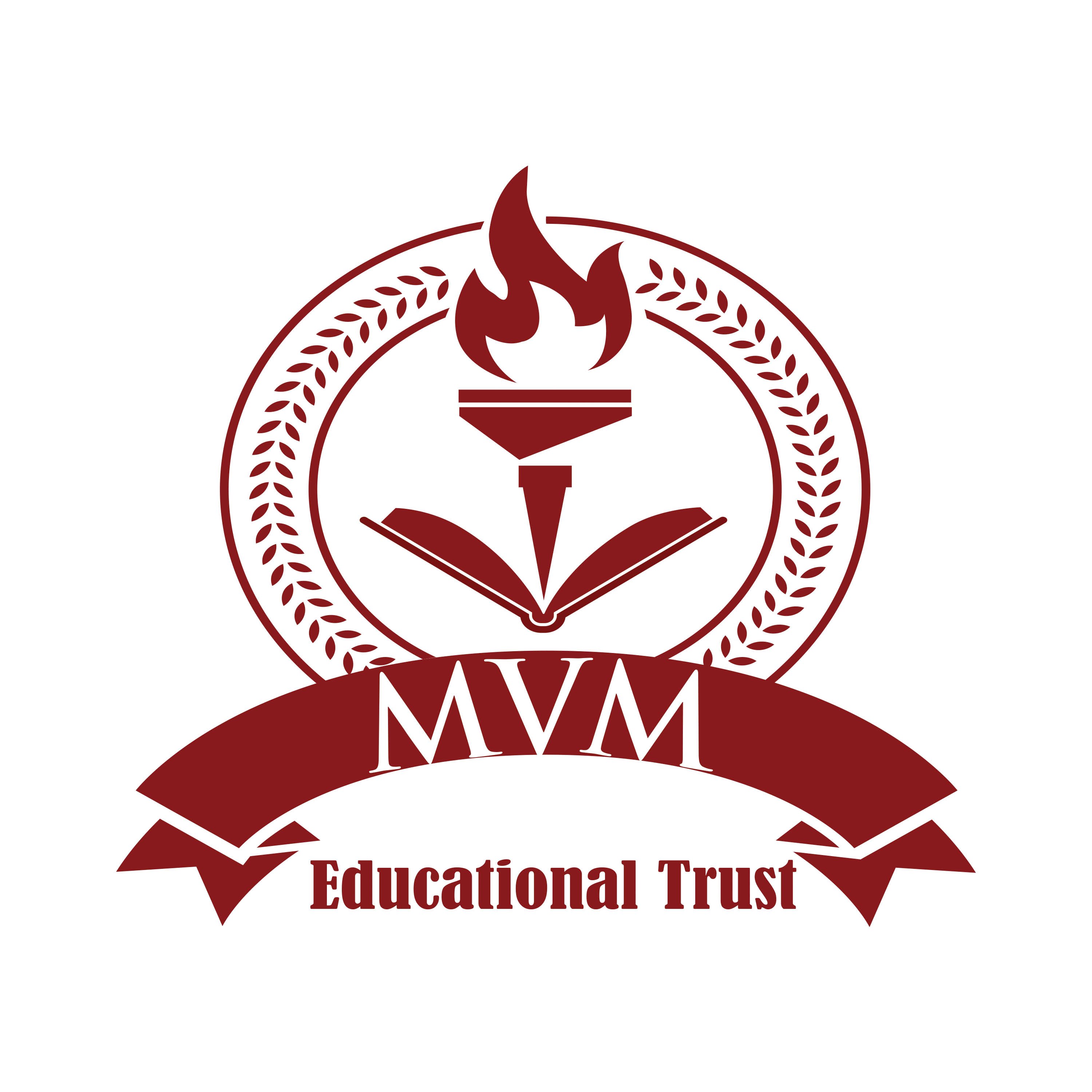- College has a well-developed and modern infrastructure to create a conducive learning environment and support the growth of its students and faculty. A robust college infrastructure includes state-of-the-art classrooms equipped with audio-visual aids, laboratories with advanced equipment for practical learning, well-stocked libraries with access to digital resources, and spacious lecture halls to accommodate a diverse student body.
- College has reliable internet connectivity and IT support to facilitate research, online learning, and communication.
- Adequate sports facilities, recreational spaces, and extracurricular areas promote the overall development of students, fostering a balanced and healthy college experience.
- In addition to academic infrastructure, essential services like student hostel, dining facilities, and transportation services are available.
- Colleges provide an array of infrastructure facilities to foster a conducive learning environment. Modern classrooms are equipped with audiovisual aids, while specialized labs cater to scientific and technical disciplines. Libraries offer a vast repository of books, digital resources, and quiet study areas. Auditoriums facilitate lectures and events, and administrative offices manage admissions, finance, and personnel. Robust IT infrastructure ensures campus-wide internet access, computer labs, and cybersecurity measures. Student services include counseling, career support, and accessible housing. Recreation and athletic facilities encourage physical well-being, and transportation services ease campus mobility. Governance structures and sustainability initiatives shape the institution's direction, fostering holistic growth for students.

MVM
Allied Health Sciences
 9606080651/653/654
9606080651/653/654